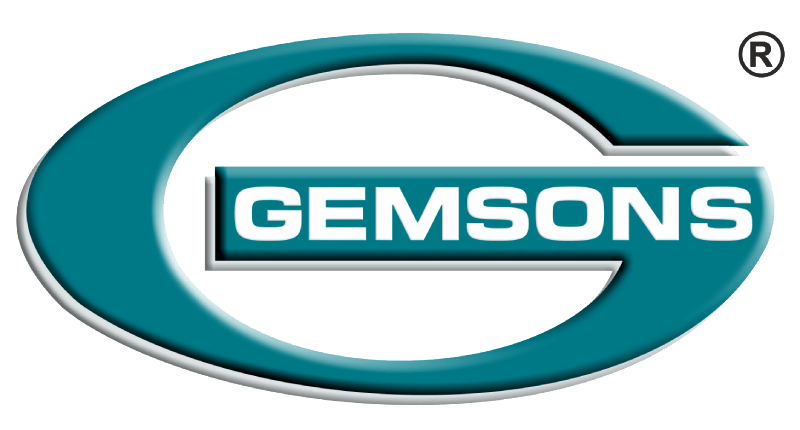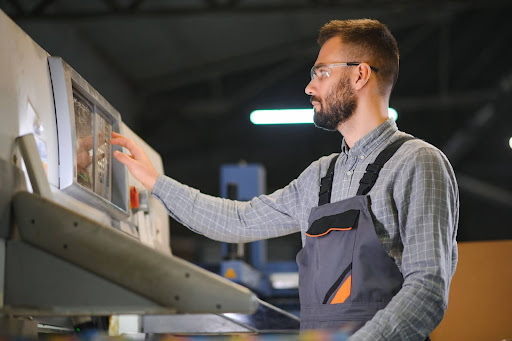Accuracy, consistency, and reliability are not negotiable in the aerospace and defense markets. A single deviation in part size can create disastrous outcomes, ranging from mission failure to system failure. That’s why CNC machined components are so important in these industries; they provide unparalleled accuracy, repeatability, and material flexibility, all of which are critical to safety and performance.
While aerospace and defense technologies keep advancing, the need for high-performance, tight-tolerance components can only increase. Here’s how CNC machined components make a difference in terms of higher accuracy and why they cannot be avoided in these mission-critical segments.
Precision That Meets Stringent Standards
CNC machining allows manufacturers to build components to extremely close tolerances, usually within microns. For aerospace and defense, where components have to fit together perfectly within intricate assemblies such as jet engines, avionics systems, or guided missiles, precision like this is a must.
CNC machined components are made using computer-directed operations that remove the potential for human mistakes and preserve dimensional exactness across thousands of identical pieces. The consistency provides assurance that every part functions as designed, even in extreme conditions.
Complex Geometries with Perfect Repeatability
Aerospace and defense industries use parts with complex geometries and multi-axis contours more frequently. For applications ranging from turbine blades to light structural brackets and sensor enclosures, these parts are required to be made with maximum precision.
Multi-axis CNC systems, such as 4-axis and 5-axis configurations, facilitate making such complex shapes in a single fixture. The outcome is quicker production, less chance of errors, and less handling, all factors leading to greater accuracy and less likelihood of failure.
Repeatability is also a vital consideration. After a part has been programmed and verified, CNC machines can re-create it exactly, time and again. This is particularly important for defense projects that might need constant quality across several batches of production.
Material Versatility for Harsh Environments
The defense and aerospace sectors depend on high-technology materials such as Inconel, titanium, aluminum, and stainless steel of high grade. They are selected for high strength-to-weight ratio, corrosion resistance, and high temperature resistance.
CNC machining can efficiently work with all these materials. Companies specializing in CNC-machined parts understand how to change tool speeds, feed rates, and cutting approaches to suit various material properties without any quality compromise.
Improved Performance and Durability
The finer surface finish and dimensional accuracy made possible by CNC machining are reflected in improved performance. Smooth hydraulic component surfaces, for example, minimize friction and wear, while precisely machined brackets provide strength under heavy load.
Moreover, the majority of CNC components also go through post-machining processes like anodizing, heat treatment, or ultrasonic cleaning, which further preserve their functionality and robustness.
Supporting Advanced Technologies
Contemporary defense and aerospace systems are dependent on lightweight structures, miniaturization, and electronics integration. Ranging from satellite components to unmanned aerial vehicles (UAVs), CNC machined components enable achieving the size, weight, and performance demands of such sophisticated platforms.
As digital manufacturing takes over, CNC machining has also become deeply linked to CAD/CAM software and simulation tools. This enables manufacturers to check part designs and machining plans virtually, lessening errors and enhancing first-time quality.
Meeting Compliance and Certification Requirements
In aerospace and defense, compliance with strict regulatory and certification standards is paramount. Legitimate CNC machining firms not only meet ISO 9001 but also frequently possess additional certifications such as AS 9100 for aerospace or NADCAP for special processes.
This guarantees that every CNC-machined part not only has dimensional precision but also undergoes strict inspections and quality assurance standards. Traceability, documentation, and testing are all part of providing credible parts for mission-critical uses.
Conclusion
CNC machining has transformed the way parts are produced for aerospace and defense. From micron-level tolerance capabilities to working with exotic materials and intricate geometries, CNC machined components are the cornerstone of high-performance, high-reliability systems utilized in these harsh environments.
For those companies that require precision, compliance, and quality that they can count on, finding the right CNC machining partner is essential. Gemsons Precision Engineering Private Limited (GPEPL) is a leader in that domain, providing premium CNC-machined parts to leading aerospace and defense organizations around the world. Gemsons remains a trusted partner in pushing the boundaries of innovation and accuracy on high-stakes applications.


